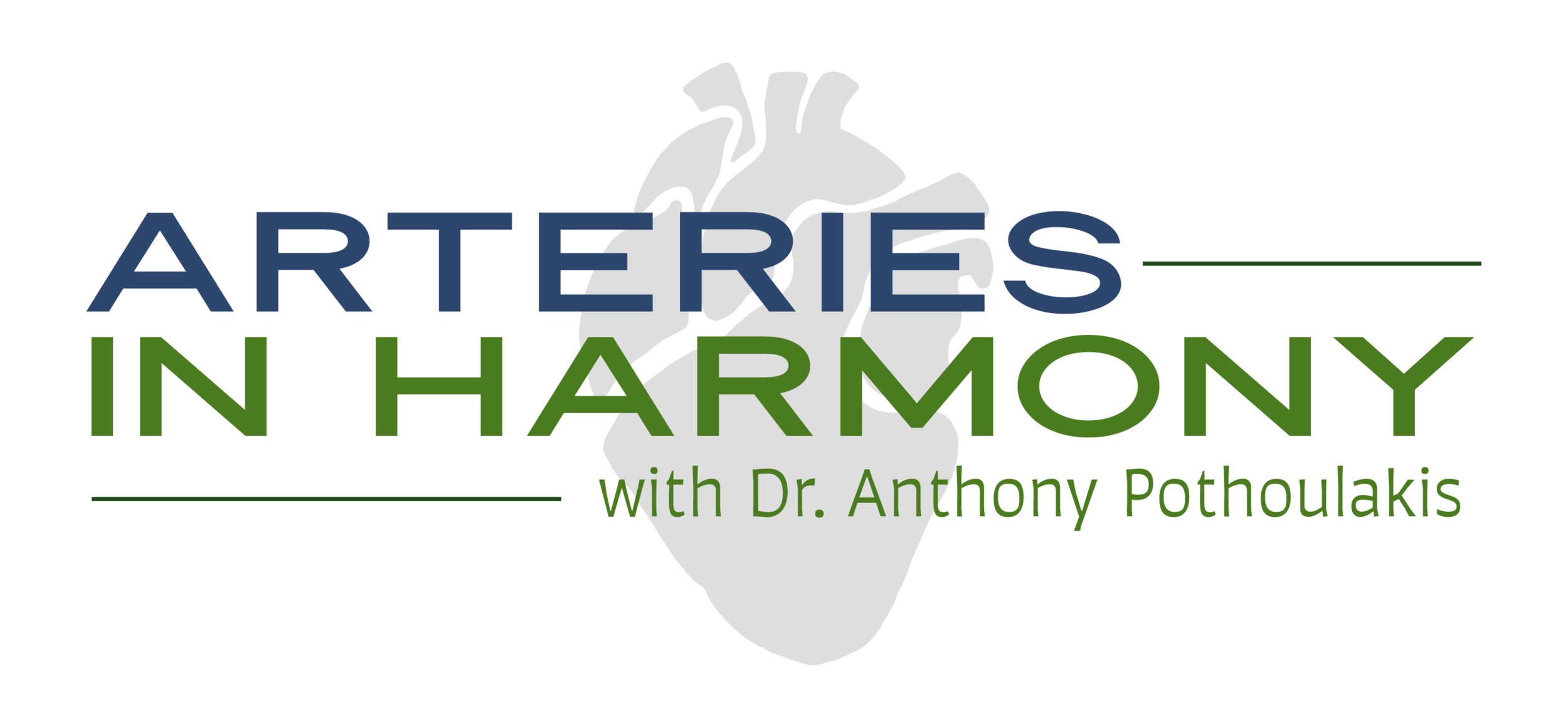Do you know what your blood pressure is?
High blood pressure (BP) damages arteries, hearts, brains and kidneys and does so while causing zero symptoms before the final blow. This is why high BP has earned the reputation of a silent killer. So how would you know if your BP is high if you don’t monitor it? The answer is simply that you wouldn’t.
High BP (defined as a BP higher than 130/80) affects two out of five US adults; it is even more common among African-Americans or those with a first degree relative with high BP. As high BP is so common and usually causes no symptoms in the early stages, it’s important to monitor it on a frequent basis so that we can detect a BP problem as early as possible. It is worthwhile spending the 50 or so USD on a reliable automatic digital BP machine and learn to take it ourselves. We can ask our primary care physician or her/his nurse to help us and guide us so that we do it right (it is so easy to overestimate your BP if you do not follow the proper instructions).
We are never too young to start monitor our BP. Even children can have a high BP (BP is considered high in children at even lower levels than the 130/80 threshold for adults). In our 20s we should monitor our BP every 3-6 months. Once we hit our 30s, especially if we are overweight (or have a positive family history for high BP), it is a good idea to monitor it monthly. For those who already have a high BP diagnosis, BP must be monitored once a week or even more frequently if the doctor suggests so. Not being aware of high BP can cost us dearly: even a few months spent with undiagnosed high BP can contribute to kidney failure, stroke or heart attack later in life. Self-monitoring our BP is one of the most palpable ways to show that we care about our health and accept responsibility for what happens to it. Know that as we get older, eat too much sodium or not enough potassium (meaning that we don’t eat those five portions of fruits and vegetables a day) our BP goes up: only one in five individuals at the age of 80 has a “normal” BP.
Consider that both BP numbers (the high or “systolic” and the low or “diastolic”) are important for good health. An optimal BP for a 20 year old would be around 100-115/70-75. Later in life a BP of 120/80 is acceptable but even a mildly elevated BP (for example a BP of 130/85) can cause problems in the long run. If your BP is above 130/80 in spite of avoiding salt in your food, eating lots of fruit and vegetables and exercising, you must let your doctor or other health care provider know.
So, don’t become a victim of this silent killer. Learn how to monitor your BP yourself and how to keep it low.
To your health!
Dr. Anthony

